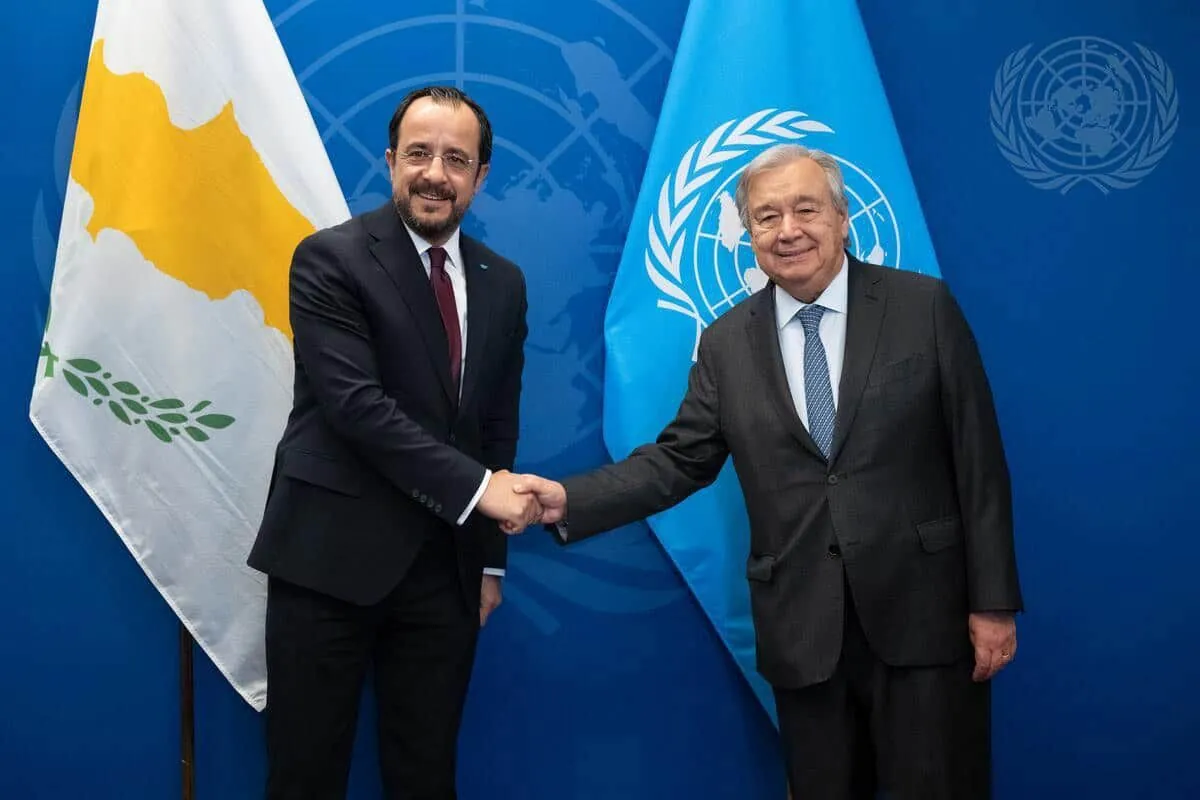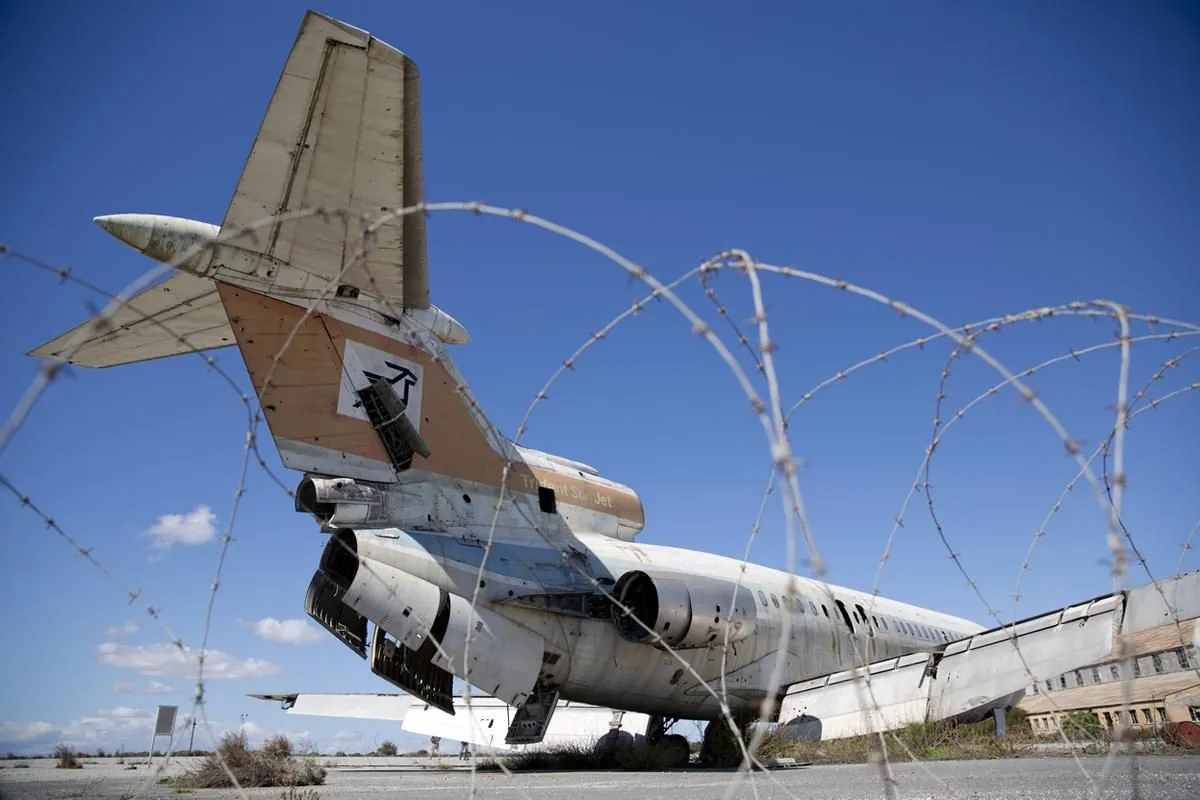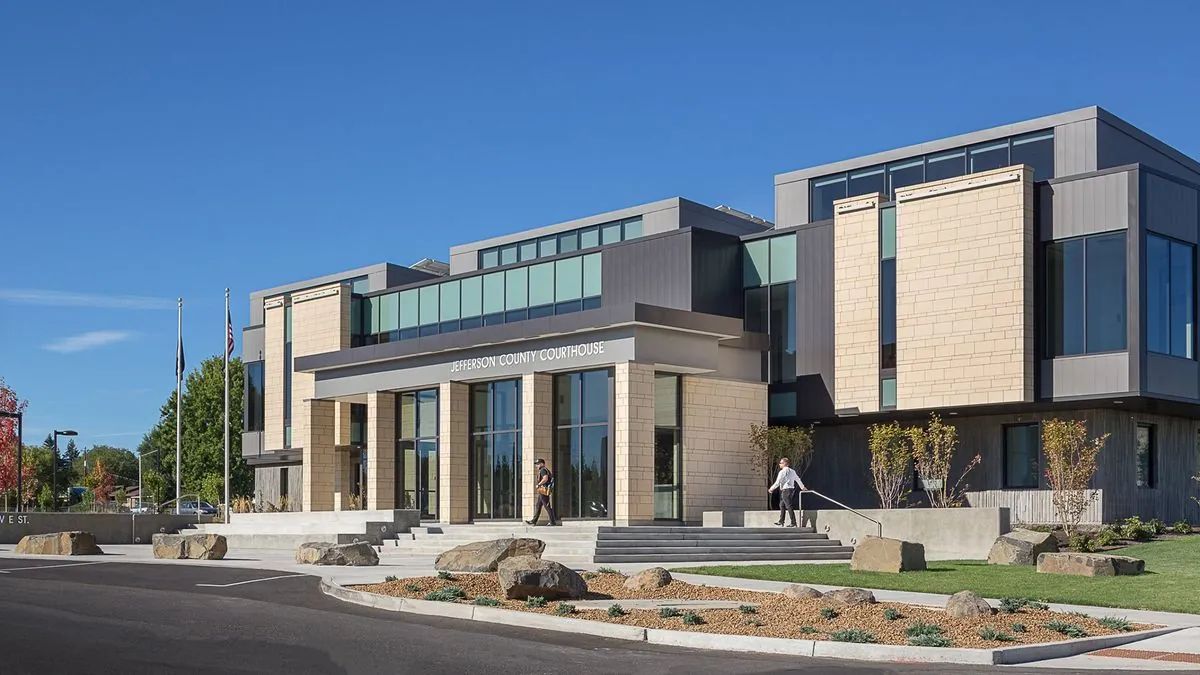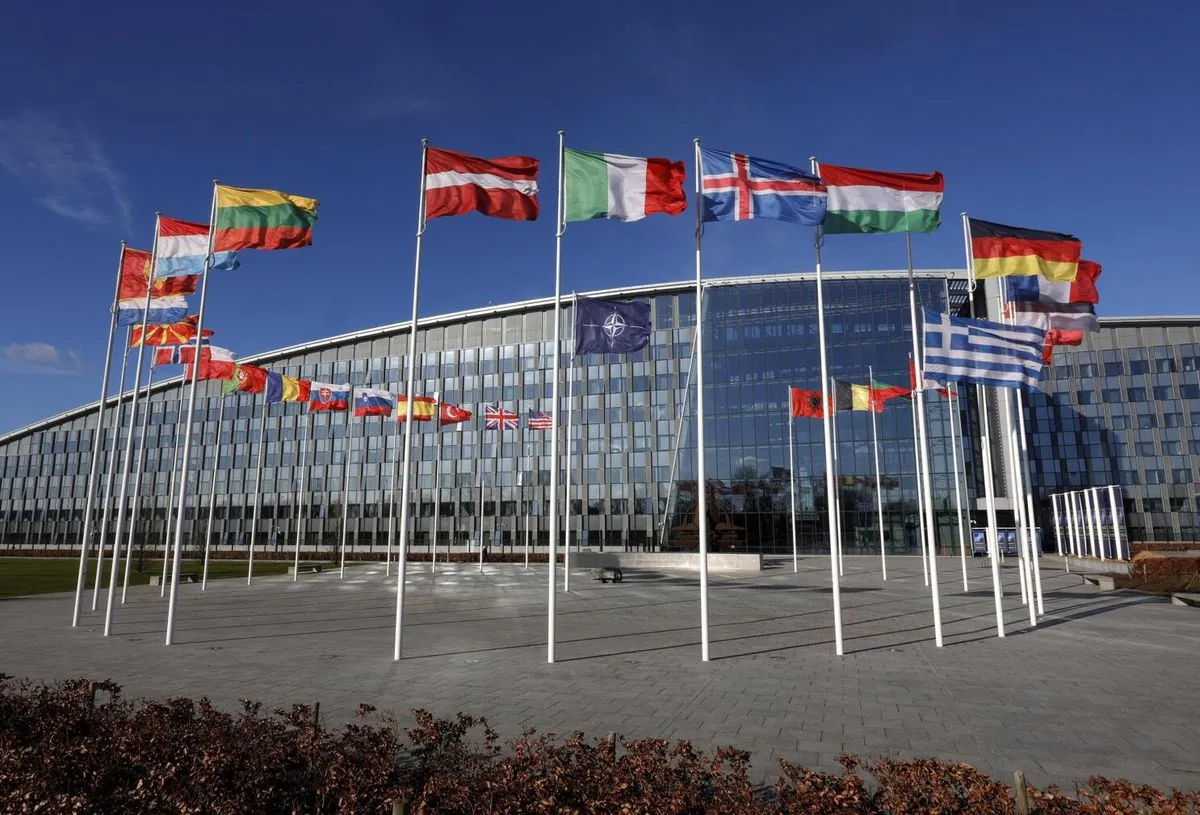UN Chief to Host Talks with Cypriot Leaders Amid Ongoing Division
UN Secretary-General to hold informal discussions with Greek and Turkish Cypriot leaders in New York. The talks aim to address the long-standing Cyprus issue and explore potential paths forward.

Antonio Guterres, the United Nations Secretary-General, is set to convene informal discussions with Greek and Turkish Cypriot leaders in New York this October. The talks aim to explore potential avenues for resolving the long-standing Cyprus issue, as confirmed by UN spokesperson Stephane Dujarric.
Cyprus, the third-largest island in the Mediterranean Sea, has been divided since 1974 following a Turkish military intervention. This action was prompted by a brief Greek-inspired coup, which itself was preceded by years of inter-communal tensions. The island's division has persisted for five decades, with a UN-patrolled buffer zone, known as the Green Line, separating the two communities.
Nikos Christodoulides, the President of Cyprus, recently expressed his readiness to resume reunification negotiations during his address to the UN General Assembly. This statement comes more than seven years after the collapse of previous talks in mid-2017, highlighting the prolonged nature of the stalemate.

The Cyprus dispute presents a complex challenge, with the two sides holding divergent views on the path to resolution. The Turkish Cypriot administration in northern Cyprus, recognized only by Turkey, advocates for a two-state solution with formal recognition of its sovereignty. In contrast, Greek Cypriots maintain that the only viable framework is that outlined in UN resolutions, which call for reunification under a bizonal, bicommunal federation.
Cyprus's strategic location has made it a target for various powers throughout history, contributing to its complex political landscape. The island gained independence from British rule in 1960, but tensions between the Greek and Turkish Cypriot communities persisted. The United Nations Peacekeeping Force in Cyprus (UNFICYP) was established in 1964 to prevent further inter-communal conflict.
Despite the ongoing division, Cyprus joined the European Union in 2004, although EU law is suspended in the northern part of the island. This situation has complicated Turkey's own EU membership negotiations, as the Cyprus dispute remains a significant obstacle.
The island's rich history is evident in its numerous UNESCO World Heritage Sites, while its warm climate and beautiful landscapes have made it a popular tourist destination. Tourism plays a crucial role in the Cypriot economy, alongside its significant shipping industry, with Cyprus boasting the third-largest shipping registry in the EU.
As the UN-led talks approach, both sides face the challenge of bridging their differences. The international community watches closely, hoping for progress in resolving one of Europe's longest-running conflicts. The outcome of these discussions could have far-reaching implications for regional stability and EU-Turkey relations.
"We aim to have an exchange on the way forward on the Cyprus issue."
The upcoming talks represent another attempt to break the deadlock that has persisted since 2017. While the path to resolution remains uncertain, the willingness of both sides to engage in dialogue offers a glimmer of hope for the future of this divided Mediterranean island.


































